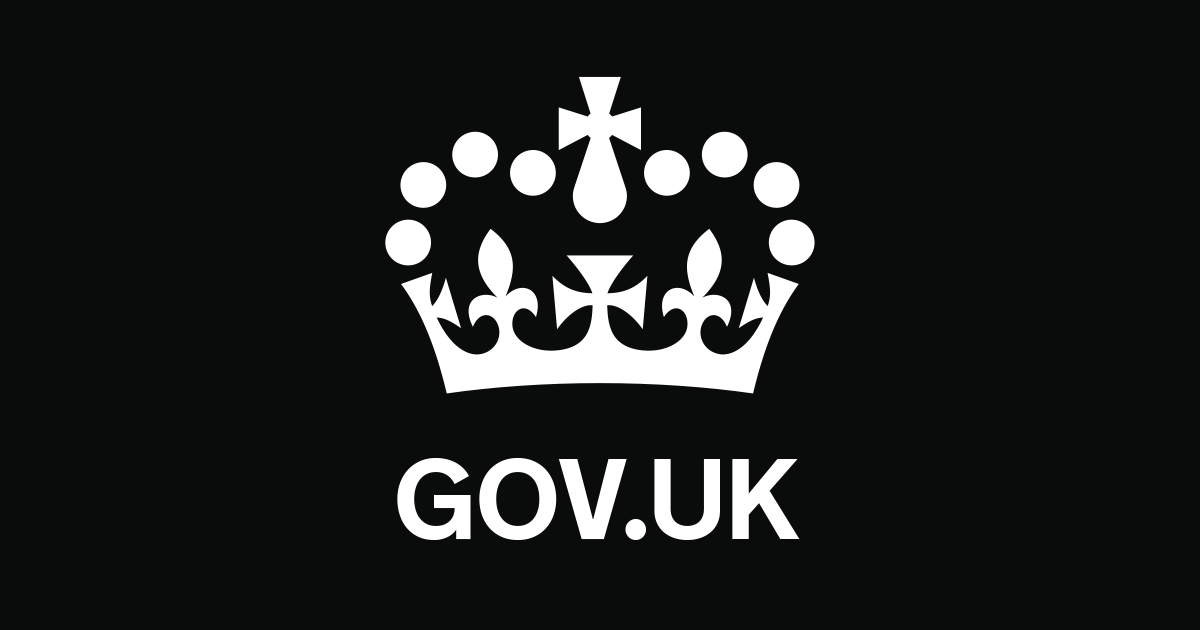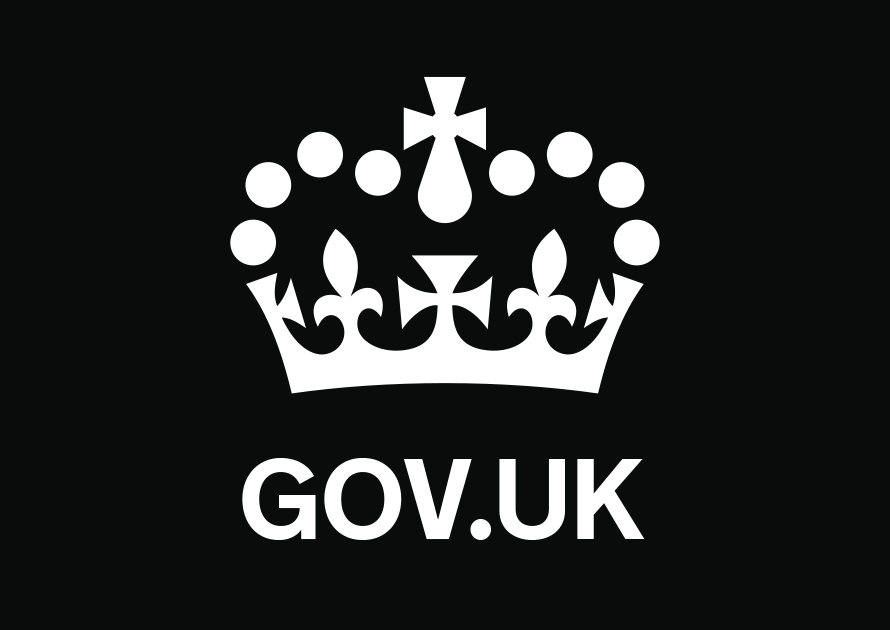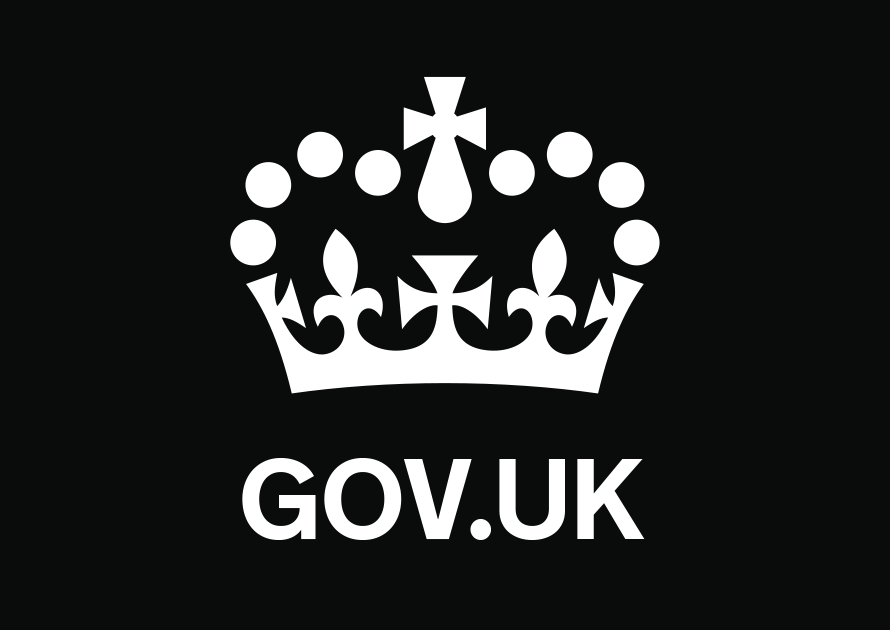Duty suspensions and tariff quotas
Duty suspensions are designed to help UK and Crown Dependency (Guernsey, the Isle of Man and Jersey) businesses remain competitive in the global marketplace. They do this by suspending import duties on certain goods, normally those used in domestic production.
These suspensions do not apply to other duties that may be chargeable like VAT or trade remedies duty, such as anti-dumping duty.
Duty suspensions allow unlimited quantities to be imported into the UK at a reduced tariff rate. Autonomous tariff quotas (ATQs) allow limited quantities to be imported at a reduced rate.
Duty suspensions and ATQs are temporary and can be used by any UK business while in force. They are applied on a ‘Most Favoured Nation’ (‘MFN’) basis. This means that goods subject to these suspensions or quotas can be imported into the UK from any country or territory at the specified reduced tariff rate.
When more than one tariff concession applies, importers will wish to ensure that their goods are entered at the most advantageous rate.
Current suspensions and quotas
Find the current duty suspensions and quotas using the Trade Tariff Lookup Tool.
Duty suspensions for products which previously existed in the UK under the EU suspensions regime have been carried over into the UK’s independent regime. They have been retained, provided they came into force before, or as part of, the EU’s July 2020 update to ensure continuity for UK businesses.
A number of EU ATQs have also been transitioned into tariff suspensions in the UK’s independent suspensions regime. This means that there is no volume limit for the reduced rate applied to these goods. This includes some fish products, which previously had ATQs applied to them under the EU regime.
All current duty suspensions rolled over from the EU regime, including EU ATQs changed to duty suspensions, are extended until 31 August 2024.
Coronavirus (COVID-19) critical products
The UK government implemented tariff suspensions on a number of medical items critical in the response to COVID-19 on 1 January 2021. The government has extended the suspension of import duties for these products until 31 December 2022.
From 29 October 2021, the government is introducing additional suspensions on fourteen COVID-19 vaccine components.
These also expire on 31 December 2022:
Additional duties on Russian and Belarusian imports
On 15 March, the UK government announced additional duties on a number of Russian and Belarusian imports. See further information in the press release about additional duties on Russian and Belarusian imports.
See the products requiring additional duties when imported from Russia and Belarus.
If you have a question about trading with Ukraine, Russia or Belarus ask our export support team online or call 0300 303 8955.
ATQ review
The government has worked with representative sectoral stakeholders to review existing ATQs, namely:
- five ATQs for fish products
- one ATQ for raw cane sugar
This review, which has now concluded, allowed us to make an evidence-based judgement on the future of our ATQs. The outcome will continue to ensure that ATQs meet the needs of UK businesses and consumers.
ATQs for fish products
Four ATQs for fish products will be extended at current volume levels until 31 December 2024. These will be reviewed ahead of that date.
The remaining ATQ for fish products (order no. 05.2794) will increase to 6,500 tonnes for 2022. This ATQ will be reviewed by 31 December 2022. Information on that review will be available ahead of that date.
ATQ for raw cane sugar
The ATQ for raw cane sugar will be extended at its current volume level (260,000 tonnes) until 31 December 2024. It will be reviewed ahead of that date.
Analysis
Extensions of the raw cane sugar ATQ and four fish ATQs for a period of three years offers business certainty. It also allows us to consider the future of the ATQs when a more stable trading environment is expected to return.
Increasing the volume of the remaining ATQ for fish products (order no. 05.2794) ensures that the relevant processing sector remains viable.
When reviewing the ATQs the government carefully considered the responses provided from representative sectoral stakeholders, as part of the review process outlined above, alongside all relevant evidence. The government in making its decision had regard to all relevant considerations, including the principles set out in the Taxation (Cross-border Trade) Act 2018, namely the:
- interests of consumers in the United Kingdom;
- interests of producers in the United Kingdom of the goods concerned;
- desirability of maintaining and promoting the external trade of the United Kingdom;
- desirability of maintaining and promoting productivity in the United Kingdom; and
- extent to which the goods concerned are subject to competition.
The government also endeavoured to:
- balance strategic trade objectives, such as the delivery of the UK’s trade ambitions and free trade agreement agenda
- maintain the government’s commitment to developing countries to reduce poverty through trade
The government also considered our international obligations under section 28 of the Taxation (Cross-border Trade) Act 2018 and the Public Sector Equality Duty.
Apply for a new duty suspension
The government invited applications for duty suspensions between 1 June and 31 July 2021. The 2021 application window is now closed.
Additional application opportunities for duty suspensions will open in 2022.
How we assess applications
Your application should meet all of the following criteria:
- applicants are based in the UK or Crown Dependencies
- completed application form sent to tariffsuspensions@trade.gov.uk no sooner than 1 June, and no later than 11.55pm on 31 July
- UK and Crown Dependency businesses would have saved at least £10,000 in duties if the suspension had been in force in 2020 (you can provide 2019 data if your business has been impacted by COVID-19)
- the request is not for a product that is traded between related parties (defined in Regulation 8(4) of the Customs Tariff (Suspension of Import Duty Rates) (EU Exit) Regulations 2020), in circumstances which would mean other UK or Crown Dependency businesses cannot benefit from a suspension
- the product or substitutable products are not produced in the UK or Crown Dependencies, only produced in limited quantities, or production is temporarily insufficient (Products other than raw products are taken to be produced in the UK or a Crown Dependency if they are partly or wholly manufactured in the UK or a Crown Dependency. Simple assembly operations, repacking products, or preparing products for shipment or transportation would not normally be considered production processes.)
- the product will be used in a production process or there is a specific temporary need for the product
For applications that do not meet these criteria, applicants were requested to provide an explanation of why their application should be considered.
The government will also assess requests with regard to other relevant considerations, including:
- international arrangements to which the UK is a party
- relevant factors under section 8(5) of the Taxation (Cross-border Trade) Act 2018
- how other government policies may be affected by the proposed duty suspension (such as trade remedies)
- any circumvention risks due to tariff reclassification
- the Public Sector Equality Duty
A Notice of the applications that were made during the 2021 applications window has been published. UK and Crown Dependency businesses will be able to object to any requests.
Suspensions granted as a result of successful applications are expected to come into effect from spring 2022 and apply until summer 2024.
Applicants can request to withdraw their application by contacting TariffSuspensions@trade.gov.uk.
Notice of requests for duty suspensions and invitation to object to these requests
The applications for duty suspensions made during the 2021 applications window and the invitation to object to these requests can be found in the Notice.
Duty suspensions and tariff quotas
Duty suspensions are designed to help UK and Crown Dependency (Guernsey, the Isle of Man and Jersey) businesses remain competitive in the global marketplace. They do this by suspending import duties on certain goods, normally those used in domestic production.
These suspensions do not apply to other duties that may be chargeable like VAT or trade remedies duty, such as anti-dumping duty.
Duty suspensions allow unlimited quantities to be imported into the UK at a reduced tariff rate. Autonomous tariff quotas (ATQs) allow limited quantities to be imported at a reduced rate.
Duty suspensions and ATQs are temporary and can be used by any UK business while in force. They are applied on a ‘Most Favoured Nation’ (‘MFN’) basis. This means that goods subject to these suspensions or quotas can be imported into the UK from any country or territory at the specified reduced tariff rate.
When more than one tariff concession applies, importers will wish to ensure that their goods are entered at the most advantageous rate.
Current suspensions and quotas
Find the current duty suspensions and quotas using the Trade Tariff Lookup Tool.
Duty suspensions for products which previously existed in the UK under the EU suspensions regime have been carried over into the UK’s independent regime. They have been retained, provided they came into force before, or as part of, the EU’s July 2020 update to ensure continuity for UK businesses.
A number of EU ATQs have also been transitioned into tariff suspensions in the UK’s independent suspensions regime. This means that there is no volume limit for the reduced rate applied to these goods. This includes some fish products, which previously had ATQs applied to them under the EU regime.
All current duty suspensions rolled over from the EU regime, including EU ATQs changed to duty suspensions, are extended until 31 August 2024.
Coronavirus (COVID-19) critical products
The UK government implemented tariff suspensions on a number of medical items critical in the response to COVID-19 on 1 January 2021. The government has extended the suspension of import duties for these products until 31 December 2022.
From 29 October 2021, the government is introducing additional suspensions on fourteen COVID-19 vaccine components.
These also expire on 31 December 2022:
Additional duties on Russian and Belarusian imports
On 15 March, the UK government announced additional duties on a number of Russian and Belarusian imports. See further information in the press release about additional duties on Russian and Belarusian imports.
See the products requiring additional duties when imported from Russia and Belarus.
If you have a question about trading with Ukraine, Russia or Belarus ask our export support team online or call 0300 303 8955.
ATQ review
The government has worked with representative sectoral stakeholders to review existing ATQs, namely:
- five ATQs for fish products
- one ATQ for raw cane sugar
This review, which has now concluded, allowed us to make an evidence-based judgement on the future of our ATQs. The outcome will continue to ensure that ATQs meet the needs of UK businesses and consumers.
ATQs for fish products
Four ATQs for fish products will be extended at current volume levels until 31 December 2024. These will be reviewed ahead of that date.
The remaining ATQ for fish products (order no. 05.2794) will increase to 6,500 tonnes for 2022. This ATQ will be reviewed by 31 December 2022. Information on that review will be available ahead of that date.
ATQ for raw cane sugar
The ATQ for raw cane sugar will be extended at its current volume level (260,000 tonnes) until 31 December 2024. It will be reviewed ahead of that date.
Analysis
Extensions of the raw cane sugar ATQ and four fish ATQs for a period of three years offers business certainty. It also allows us to consider the future of the ATQs when a more stable trading environment is expected to return.
Increasing the volume of the remaining ATQ for fish products (order no. 05.2794) ensures that the relevant processing sector remains viable.
When reviewing the ATQs the government carefully considered the responses provided from representative sectoral stakeholders, as part of the review process outlined above, alongside all relevant evidence. The government in making its decision had regard to all relevant considerations, including the principles set out in the Taxation (Cross-border Trade) Act 2018, namely the:
- interests of consumers in the United Kingdom;
- interests of producers in the United Kingdom of the goods concerned;
- desirability of maintaining and promoting the external trade of the United Kingdom;
- desirability of maintaining and promoting productivity in the United Kingdom; and
- extent to which the goods concerned are subject to competition.
The government also endeavoured to:
- balance strategic trade objectives, such as the delivery of the UK’s trade ambitions and free trade agreement agenda
- maintain the government’s commitment to developing countries to reduce poverty through trade
The government also considered our international obligations under section 28 of the Taxation (Cross-border Trade) Act 2018 and the Public Sector Equality Duty.
Apply for a new duty suspension
The government invited applications for duty suspensions between 1 June and 31 July 2021. The 2021 application window is now closed.
Additional application opportunities for duty suspensions will open in 2022.
How we assess applications
Your application should meet all of the following criteria:
- applicants are based in the UK or Crown Dependencies
- completed application form sent to tariffsuspensions@trade.gov.uk no sooner than 1 June, and no later than 11.55pm on 31 July
- UK and Crown Dependency businesses would have saved at least £10,000 in duties if the suspension had been in force in 2020 (you can provide 2019 data if your business has been impacted by COVID-19)
- the request is not for a product that is traded between related parties (defined in Regulation 8(4) of the Customs Tariff (Suspension of Import Duty Rates) (EU Exit) Regulations 2020), in circumstances which would mean other UK or Crown Dependency businesses cannot benefit from a suspension
- the product or substitutable products are not produced in the UK or Crown Dependencies, only produced in limited quantities, or production is temporarily insufficient (Products other than raw products are taken to be produced in the UK or a Crown Dependency if they are partly or wholly manufactured in the UK or a Crown Dependency. Simple assembly operations, repacking products, or preparing products for shipment or transportation would not normally be considered production processes.)
- the product will be used in a production process or there is a specific temporary need for the product
For applications that do not meet these criteria, applicants were requested to provide an explanation of why their application should be considered.
The government will also assess requests with regard to other relevant considerations, including:
- international arrangements to which the UK is a party
- relevant factors under section 8(5) of the Taxation (Cross-border Trade) Act 2018
- how other government policies may be affected by the proposed duty suspension (such as trade remedies)
- any circumvention risks due to tariff reclassification
- the Public Sector Equality Duty
A Notice of the applications that were made during the 2021 applications window has been published. UK and Crown Dependency businesses will be able to object to any requests.
Suspensions granted as a result of successful applications are expected to come into effect from spring 2022 and apply until summer 2024.
Applicants can request to withdraw their application by contacting TariffSuspensions@trade.gov.uk.
Notice of requests for duty suspensions and invitation to object to these requests
The applications for duty suspensions made during the 2021 applications window and the invitation to object to these requests can be found in the Notice.




